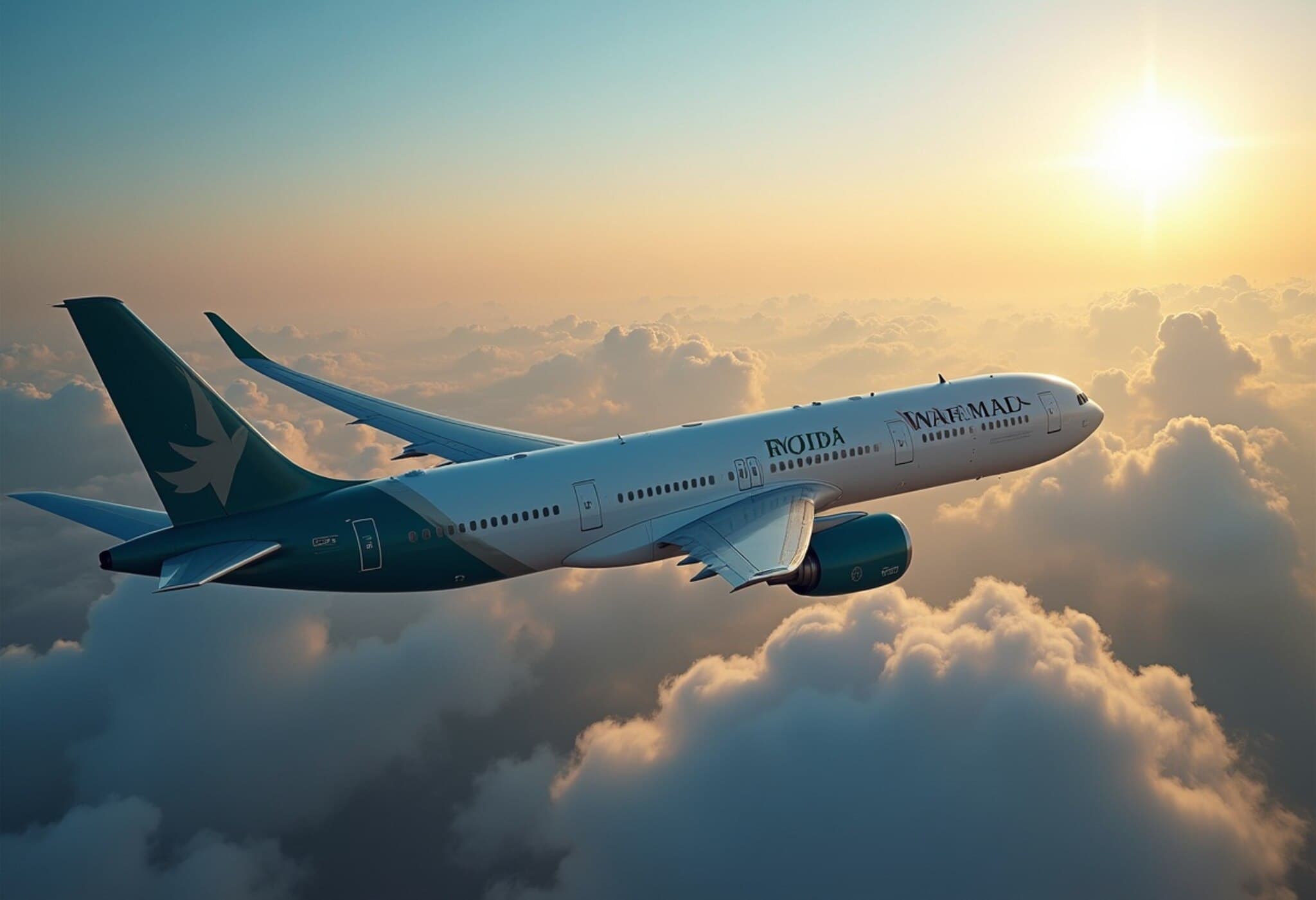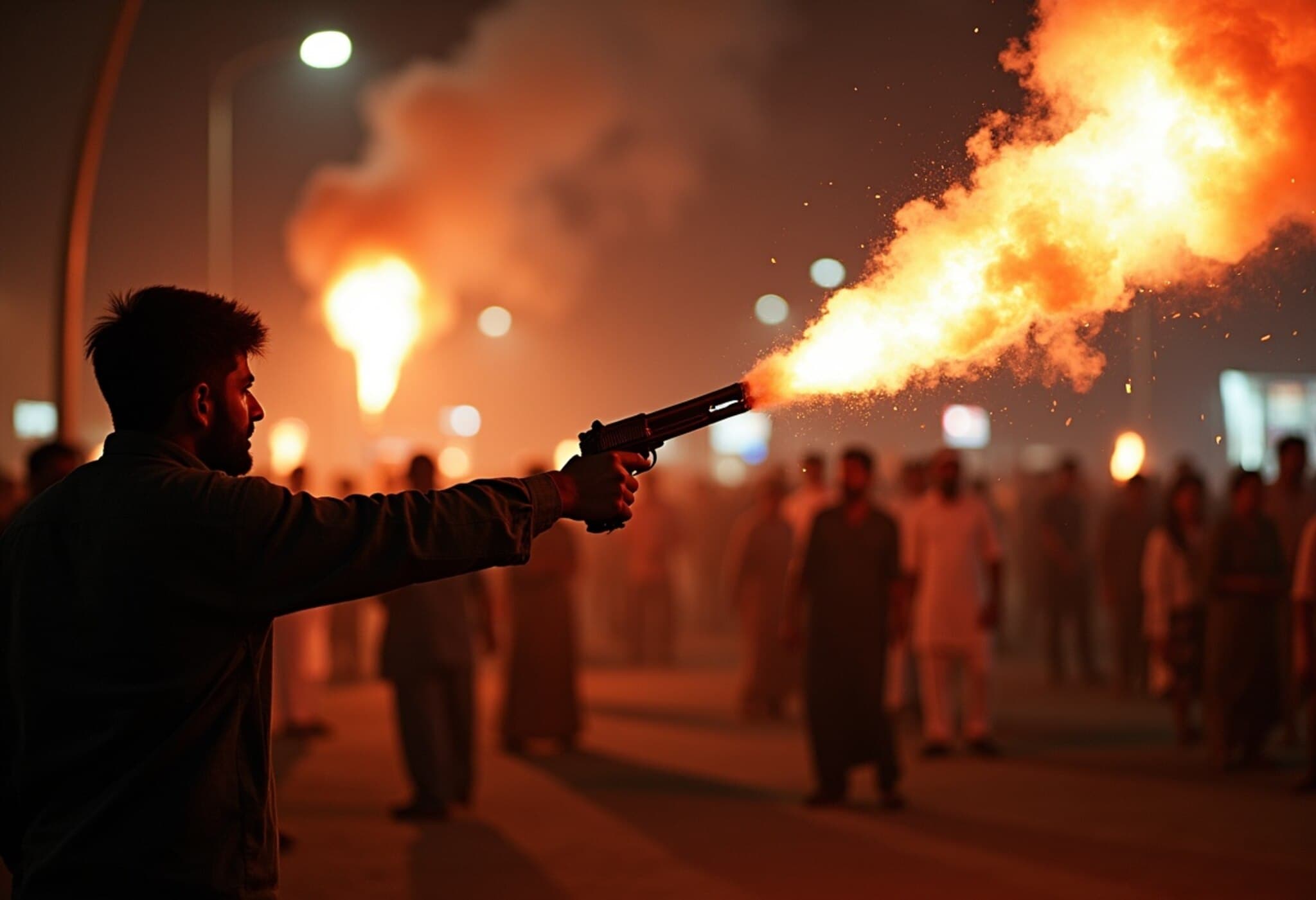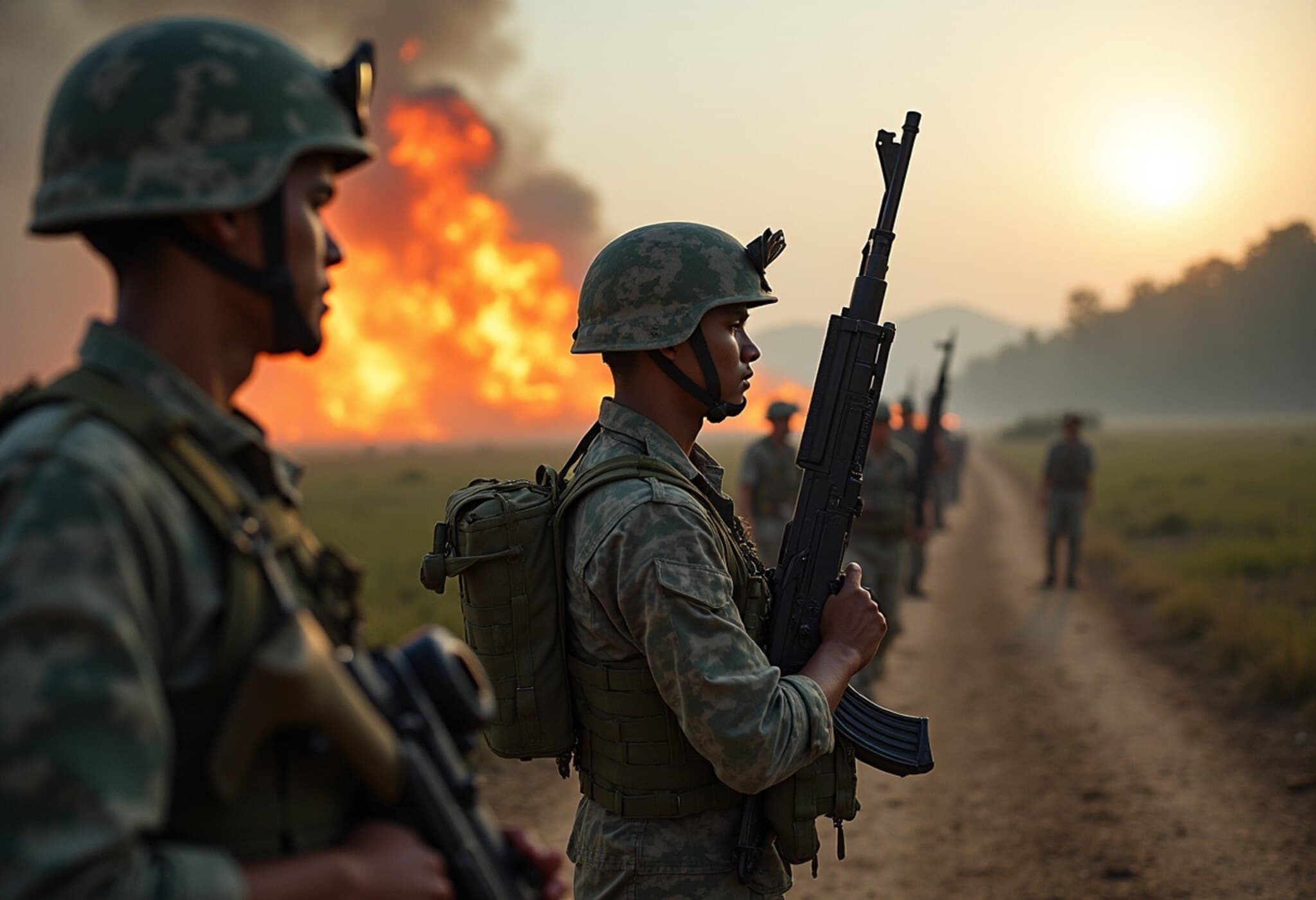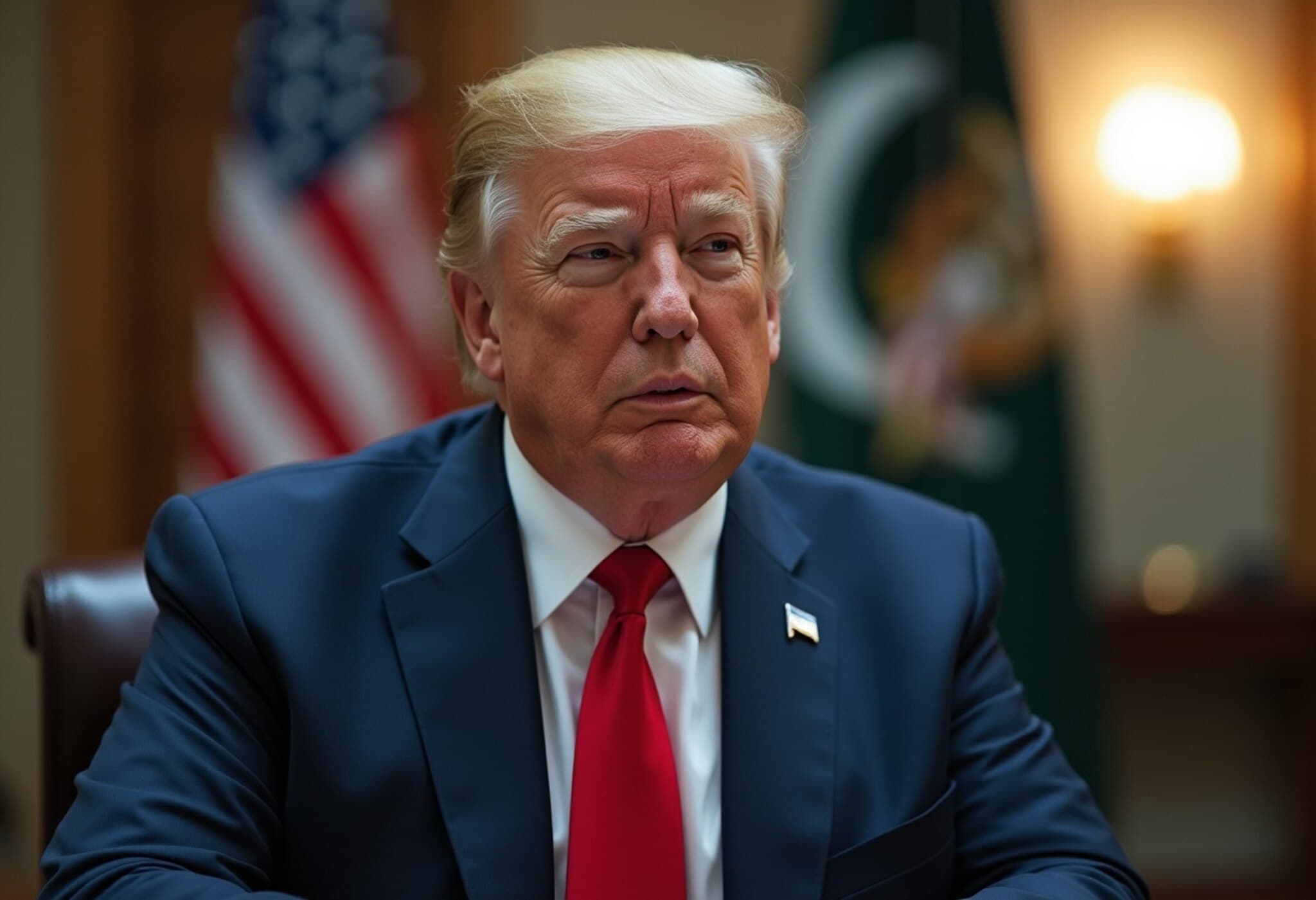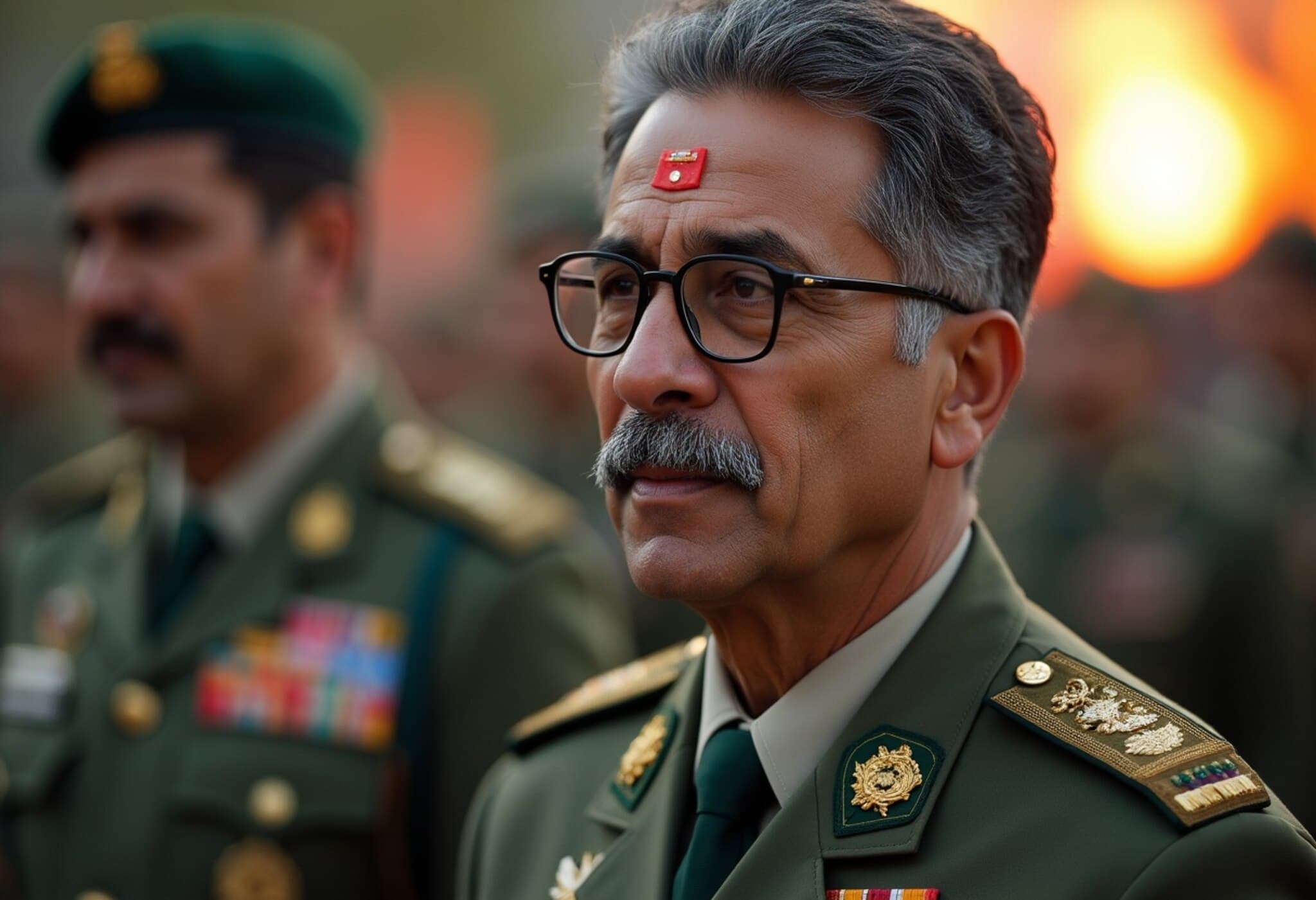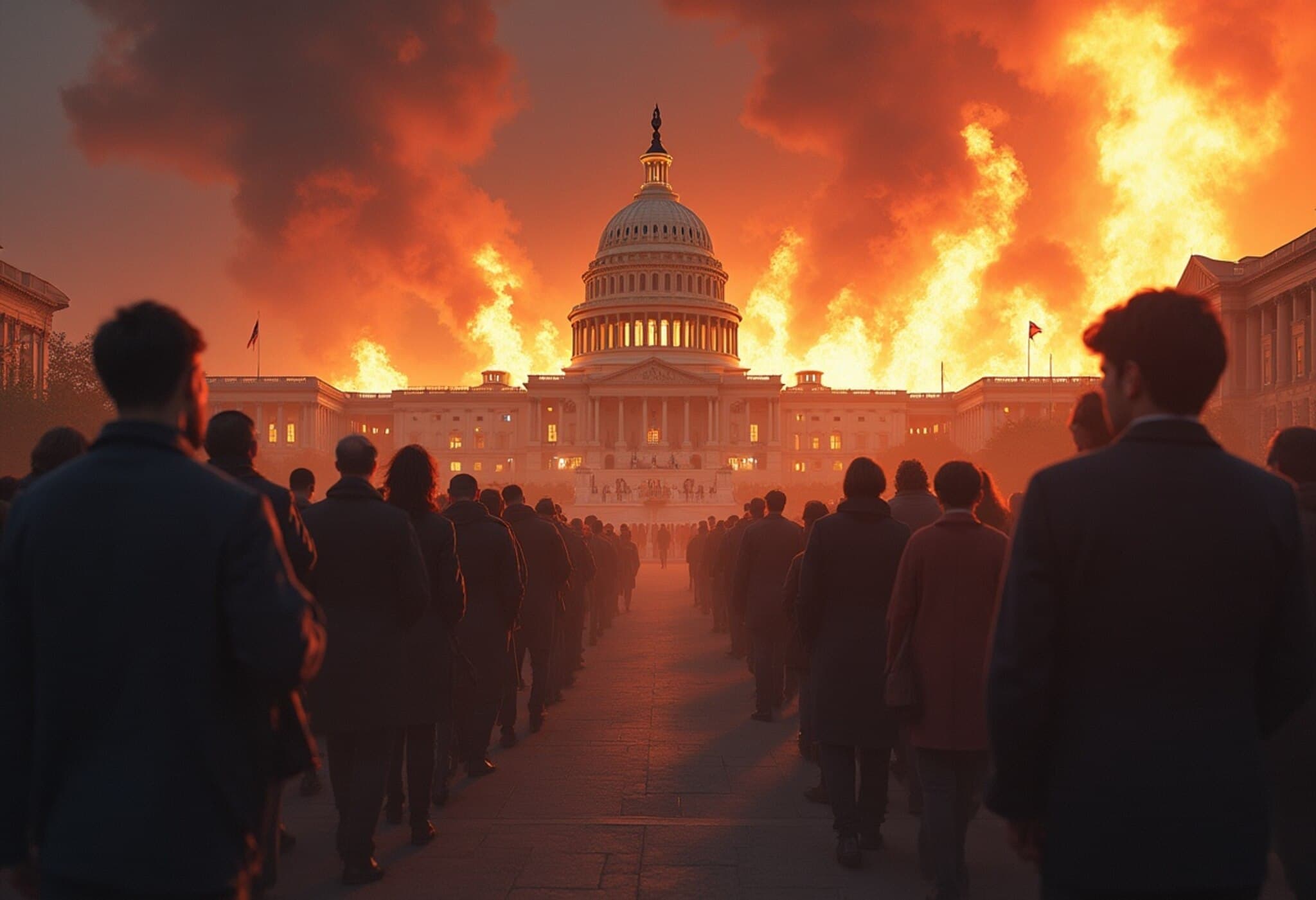Pakistan’s Military Chief Uses Stark Analogy Highlighting Economic Divide with India
In a candid and somewhat unorthodox statement during a Pakistani diaspora event in Tampa, Florida, Pakistan’s military chief, General Asim Munir, likened India to a "Mercedes" speeding down a highway, while describing Pakistan as a "dump truck full of gravel." This striking analogy not only caught the attention of social media users but also sparked deeper conversations about the profound economic and geopolitical disparities between the two neighboring countries.
Unpacking the Analogy: Mercedes vs. Dump Truck
General Munir's imagery paints a vivid picture: India, symbolized by luxury and speed, is surging ahead on the global stage, while Pakistan, burdened and slow, struggles to keep pace. He provocatively questioned, "If the truck hits the car, who is going to be the loser?"—a rhetorical notion implying significant risk but also highlighting Pakistan's vulnerable position in the regional power dynamic.
Although Munir himself admitted the analogy was "crude," it drew waves of reactions ranging from humor to critical reflection. Social media was rife with jokes about the dump truck breaking down or overturning before even reaching the Mercedes, underscoring skepticism towards Pakistan's current economic trajectory.
Contextual Insights: Pakistan’s Economic Challenges
- Trade Disparities: Pakistan’s bilateral trade with the U.S. is roughly $10 billion, dwarfed by India’s robust $135 billion, illustrating stark differences in international economic integration.
- Historical Promises vs. Current Reality: Munir referenced Pakistan’s supposed oil and mineral wealth—a promise dating back to Prime Minister Z.A. Bhutto’s era five decades ago—yet these natural resources have yet to materialize into substantial economic growth.
- Military Spending Impact: Decades of heavy military expenditure, often financed through borrowing, have left Pakistan's economy strained with limited export capacity and investment appeal.
Looking Ahead: Pakistan’s Future Prospects and Challenges
Despite these hurdles, General Munir highlighted factors he believes could brighten Pakistan's future, including a youthful population comprising 64% of its citizens and growing diplomatic ties with global powers like the United States, China, Saudi Arabia, and the UAE. He notably invoked a quote from former Indian Prime Minister Atal Bihari Vajpayee, emphasizing that migration from Pakistan to the U.S. should be considered a "brain gain," not a brain drain.
However, these optimistic outlooks stand in tension with ongoing internal political unrest. Munir’s visit to the U.S. was met with protests from segments of the Pakistani diaspora allied with the incarcerated former PM Imran Khan, underscoring persistent divisions within Pakistan's political landscape. These activists have announced plans to continue protests abroad, including in Brussels, where Munir is scheduled to visit next.
Expert Commentary: What Does This Mean for U.S.-Pakistan Relations?
From a policy perspective, Pakistan’s emphasis on natural resource potential and youth demographics represents a narrative aimed at rekindling foreign investment and fostering strategic partnerships. Yet, analysts caution that without addressing governance issues, economic reforms, and political stability, these promises may remain aspirational.
For the United States, balancing strategic interests in South Asia means weighing Pakistan’s potential as a partner against persistent challenges ranging from economic instability to internal political fragmentation. The military chief’s blunt analogy inadvertently underscores how Pakistan's geopolitical ambitions are constrained by economic realities, a factor Washington closely monitors as it shapes diplomatic and defense engagements.
Reframing the Conversation
While the “Mercedes vs. dump truck” metaphor captures attention, it also raises critical questions: How can Pakistan accelerate economic reforms to support its youthful population and strategic aspirations? What role can international partners play in fostering sustainable growth rather than short-term investments driven by resource extraction promises? And crucially, how do internal political dynamics affect Pakistan’s ability to present a coherent and stable partnership on the global stage?
Editor’s Note
General Asim Munir’s controversial analogy serves as a candid reflection of Pakistan’s current position relative to India—one marked by significant economic and geopolitical disparity. While the statement draws humor and criticism, it opens an important dialogue on the structural challenges facing Pakistan, from military expenditure priorities to underutilized natural resources and political unrest. As Pakistan maneuvers to improve its global standing, the world watches to see if the “dump truck” can be transformed into a vehicle capable of competing with the "Mercedes" on the highway of global progress.




